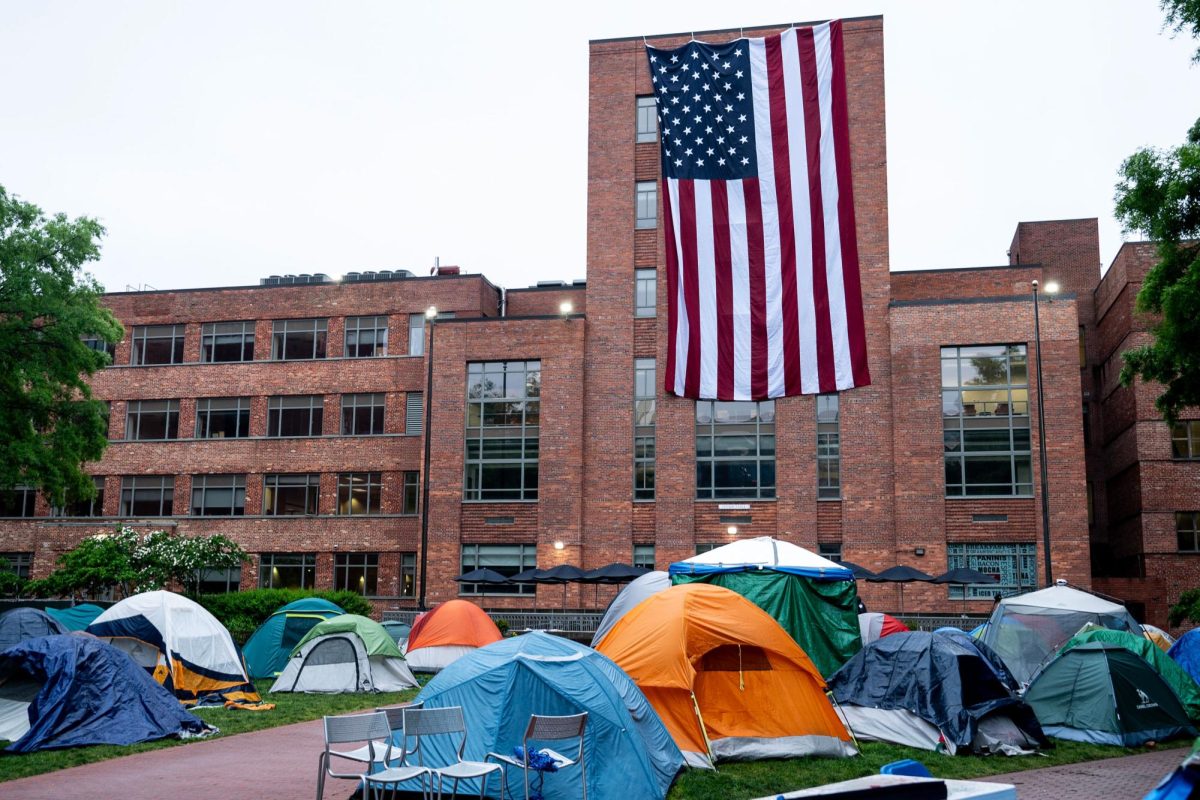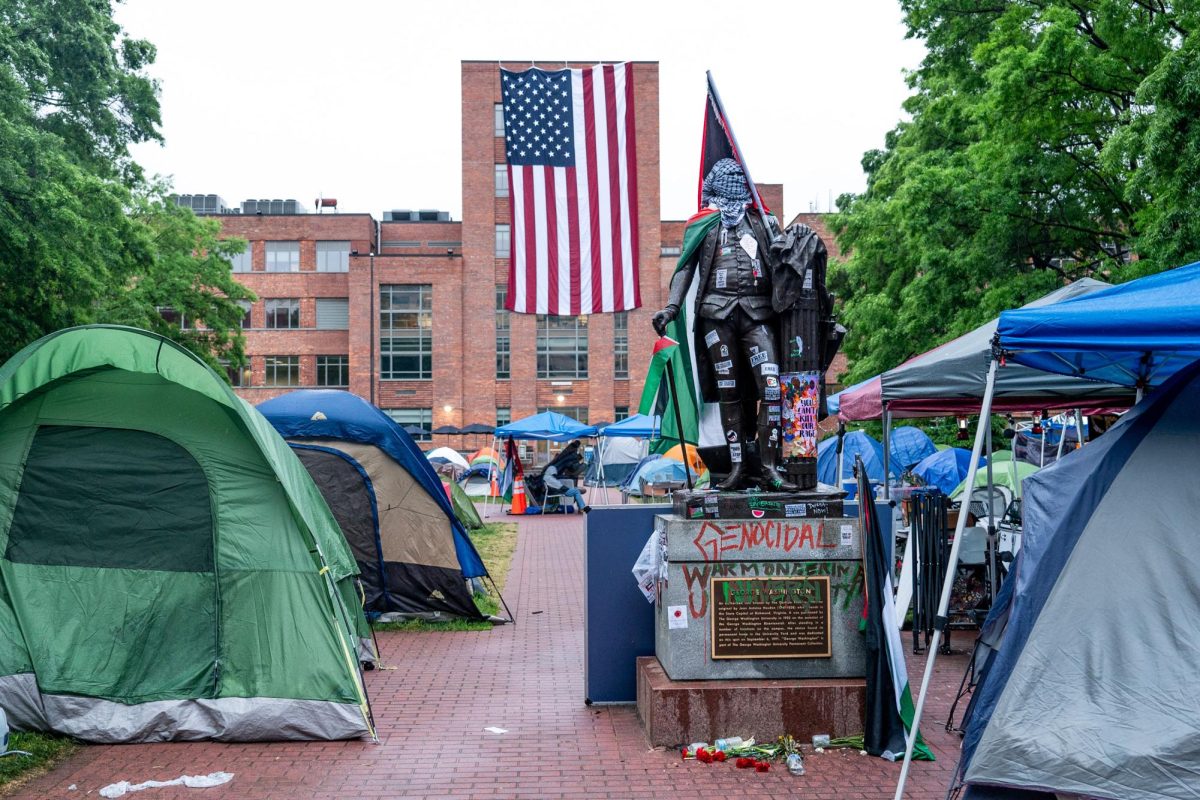GW administrators met with students last week to explain their decision to end the University’s Pre-College Review and Enrichment Program.
PREP was an eight-week summer program in which 50 incoming freshmen from the D.C. area took classes and leadership seminars to ensure a higher level of performance in college.
But administrators cut the program’s funding, citing a decrease in the number of students enrolled from the D.C. area and poor test scores of students involved. Administrators said the funding for the 29-year-old PREP is better spent on financial aid packages for D.C. residents who are admitted to GW.
After students expressed outrage at the decision, the division of Student and Academic Support Services scheduled the April 7 meeting, said Jason Anthony, diversity coordinator of the Multicultural Student Services Center.
“It seemed like damage control before things got out of hand,” said Chioma Oruh, a former PREP participant.
PREP deterred many D.C. students from attending GW because students with low test scores were required to attend the eight-week summer preparation program as a condition of admittance. That hurt GW’s competitiveness with other universities, according to a memo administrators distributed to students.
Some students said the reason for the decision confused them. Comparing 40 student test scores is unfair to the whole GW population, Oruh said.
Students previously involved with PREP expressed disappointment with the decision to cancel the program and the administration’s failure to get student input.
“It’s definitely needed,” said PREP Coordinator Daniel Queen. “There are some things that could be changed, but this program is really important to many students.”
“People care so much because they feel that so many people here would not have been here without the program,” said Student Association undergraduate Sen. David Burt (at large).
Anthony said the administration asked for little input from students and the MSSC, which coordinated the program, when it decided to end PREP.
Administrators said new programs to help ease students’ transition into a college environment would be developed, but students and faculty said they remain uncertain.
Anthony said the MSSC is unsure what program will be developed for freshmen who enter this fall to replace the original organization.
“They canceled it before they had a backup plan,” Oruh said.







